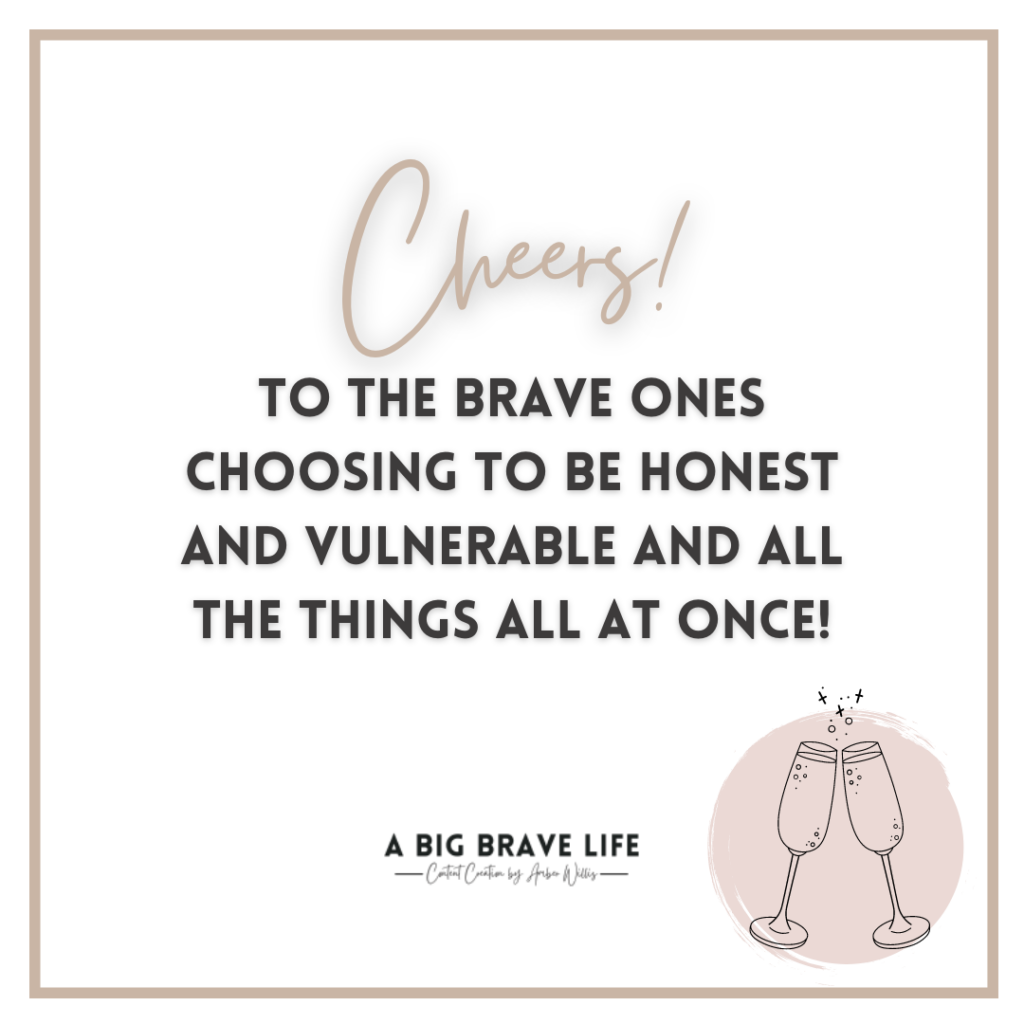There was an article published in Forbes recently titled, “ Why Women Leaders Must Be Expert Storytellers.” I must say, I completely agree! The article goes on to describe the importance of women sharing their stories, the fact that they’re less likely to do so, and also maybe the least shocking revelation is that men don’t share the same fear of sharing their story. I haven’t been able to get this article out of my brain. Partially because I love all things storytelling, but partially because as a woman it feels incredibly important.
Why Women Must Be Storytellers
I work with women on a daily basis. I interact with them through projects and through social media. The themes are so consistent. I have talked about them before because they’re what propelled me into this specific part of my business. But in general, women are convinced they don’t have a story to tell, nobody will care to listen to it, and there’s little to no benefit to them sharing.
The Forbes article does make a point that the fear and hesitation aren’t just in our heads. Women are more likely to receive backlash for speaking up and sharing their stories. They’re much more likely to receive pushback, to be questioned, to be doubted.
On top of that, most women struggle to talk about themselves. It feels braggy or selfish or self-centered. Because of that we talk ourselves out of sharing our story. Sound familiar?
In case that wasn’t all already working against us, women have been conditioned to believe we need to tell stories about the collective group and not about us individually. We want to use the broad lens and shine light elsewhere, not on ourselves. While this does hold value it still keeps us quiet.
This is a problem! Storytelling is proven to be an effective tool at pushing back against gender bias in the workplace. We need more women’s stories so that we can broaden perspectives, increase imagination, and allow for more openness and creativity. But the burden of doing that falls on women. We have to be willing to put ourselves in the line of fire, speak out, and allow our narrative to propel change. That is not a small ask. Especially when we know the chance of pushback is there. It is already hard enough to be a woman, why should we bring something else on ourselves?
Does honesty equal vulnerability?
Stick with me for a minute. The other thought I’ve been chewing on all week is this: I am often praised for being vulnerable. It feels like when people praise me for being vulnerable they really mean honest. But oftentimes for women being honest makes them vulnerable to other people’s feedback, perceptions, pushback, fallout, etc.
The definition of vulnerability is: “the quality or state of being exposed to the possibility of being attacked or harmed, either physically or emotionally.” (Merriam-Webster)
When we call someone vulnerable are we just saying the quiet part out loud? That they’re admitting a weakness or speaking about something hard and therefore opening themselves up to the possibility of harm.
By calling this “vulnerable” instead of “honest” it makes it feel like it’s something we choose because honesty is such a traditional value. On some level, we operate assuming honesty or at least hoping for it. Maybe using “vulnerable” is acknowledging that we recognize that the thing being named is hard and takes courage or bravery. If we just called it “honest” it might imply not everyone is honest which may be true but is not palatable. I don’t know. Can you tell I’ve been chewing on this for a while?
I’ve only ever been praised for being vulnerable by other women. I’m certain of that. So is “vulnerable” our secret code of saying “I see you telling the truth.” “I see you putting yourself out there and saying the hard thing.” “I hear you sharing your reality despite the fact it makes you vulnerable to input.”
These two pieces feel so connected to me: the need for women to share their stories and also the fact that telling our stories makes us literally vulnerable whether we like it or not.
Shifting the Narrative
How can we shift this narrative? Is there any way other than more women telling their stories despite risk and fear?
There is a quote in the article that reads, “Women leaders who tell their own stories expand the possible narratives for other women and girls.” This is something we talk about frequently in my course and in my online spaces. I truly believe that when one of us is brave enough to put our story out into the world we are all a little bit better and more free because of it. I also believe sharing our stories heals us too.

I obviously encourage women to share their stories often. It is the foundation of what I do. And yet, it feels important to name and hold space for the risk that comes with that. Good and bad. It also just further convinces me that women are freaking badass. Showing up day in and day out in our families, our businesses, corporations, in the world…I love us. Cheers to the brave ones choosing to be honest and vulnerable and all the things all at once!
With so much love and gratitude,
Am
